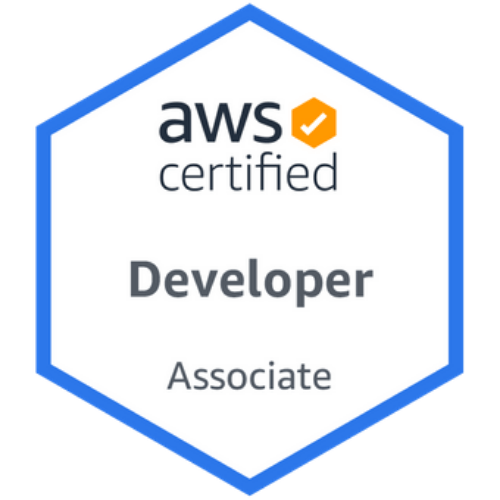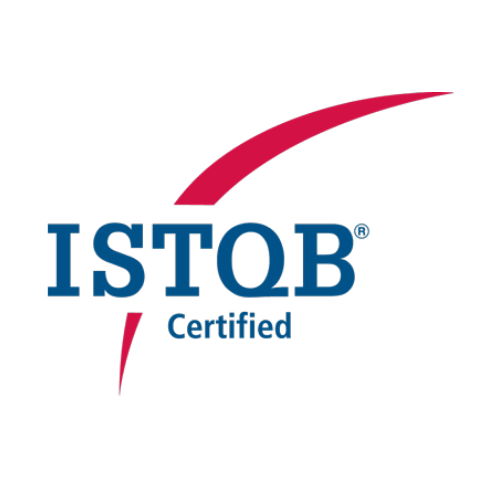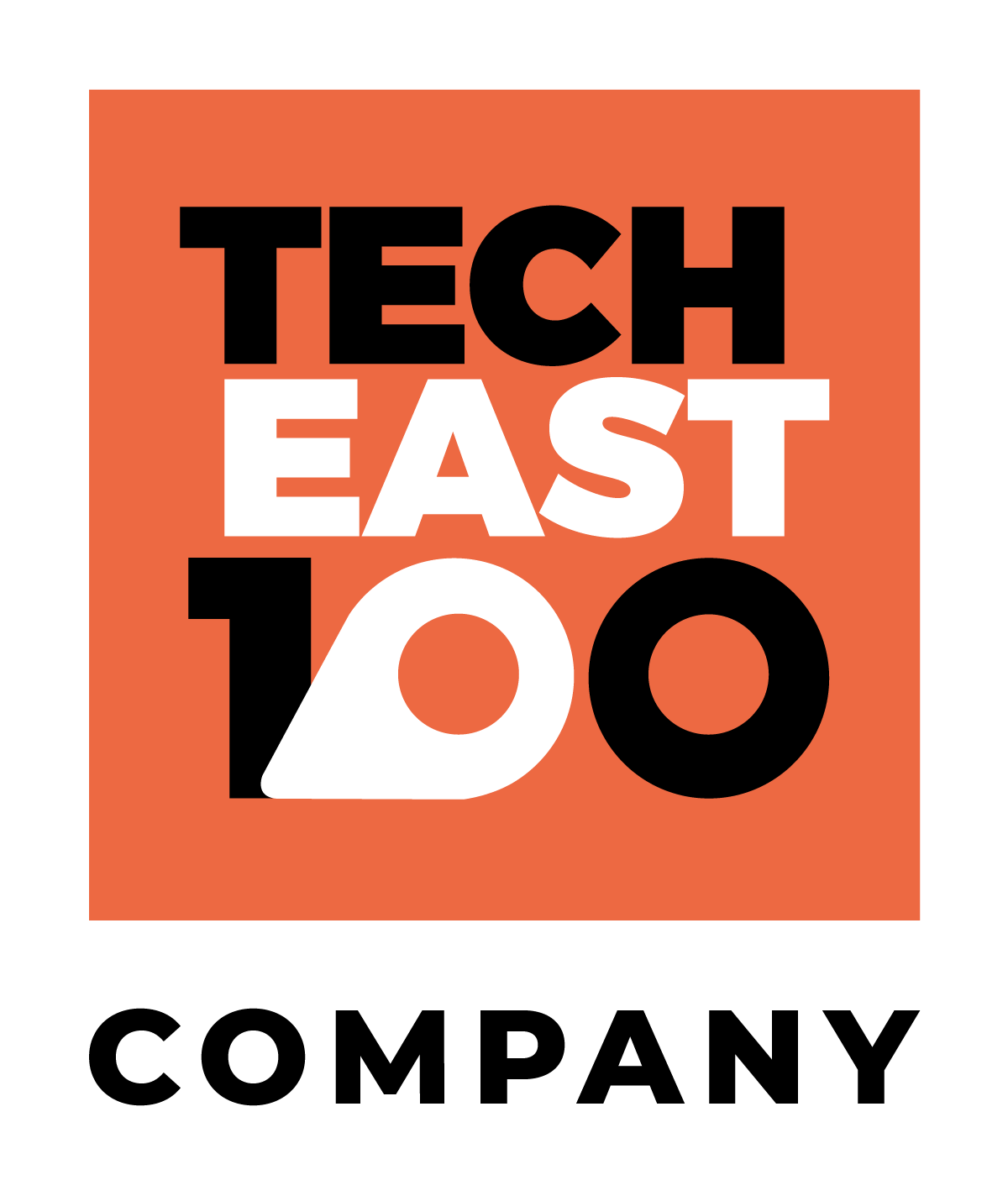You may have an incredible idea for a new app that you really believe in, maybe it’s an application that helps users make an everyday process more efficient or is going to revolutionise the world of dating like Tinder – either way, you are going to need funding to push your app from the idea stage to an MVP, fit to be published on app stores.
It’s difficult to know where to start when trying to raise enough money to launch your app but this blog will take you through all of the most important things you need to know to gain the capital you need to get started.
Why do you need funding for your app idea?
Creating a successful app is not a cheap process and there are many essential moving parts involved which all require capital to be completed. The costs involved with just developing the app can be significant alone, aside from the funds required to perform research and market your app at a later stage.
A great idea for an app is a wonderful starting point for your journey but inadequate or poorly secured funding will jeopardize the success of even the most innovative and creative app ideas.
What are the different stages in start-up funding?
Self Funding or Pre-Seed Funding
Before seeking capital from an external source, an entrepreneur should first ascertain how much they can contribute to the funds required with their own money. It’s a good idea to compile all of the financial information from your assets, savings and investments to figure out how much of the capital can be raised initially by yourself. Depending on your financial position, this can take the pressure off of you to find other sources of funding for your start-up straight away.
Seed Funding
In this stage of funding, capital is obtained from less formal sources than in the stages that follow, such as friends, family or mentors – mostly people who believe in you and your idea. This money is usually used for consumer research to better understand your target market’s demands, preferences, tastes and subsequently building your app or service according to these findings.
Potential investors for this stage include:
- Friends and Family
- Angel Investors
- Early Stage Venture Funds
- Crowdfunding
Venture
The following four stages all fall under the ‘Venture’ stage, which tends to be when the finished or the MVP app is launched to market. Regardless of how profitable the app has been so far, entrepreneurs should definitely consider going through at least one of these stages. It is worth noting that the time it takes to pass through each of these stages is dependent on many external factors and should not be rushed. Attempting to leapfrog or fast track this detailed process can lead to financial security problems later down the line.
Series A Funding:
The amount of money raised in this stage is likely to be much larger than those raised in the previous two stages. Still being relatively early on in the funding process, investors are likely to see this stage of investment as risky due to the currently unproven success of your idea, so it can be a challenge to secure funds at this point but you shouldn’t let this deter you.
Potential types of investors for this stage include:
- Accelerators
- Super Angel Investors
- Venture Capitalists
Series B Funding:
Upon reaching this stage of your funding journey you will be ready to start scaling your app, entrepreneurs successful in achieving further funding here tend to have a developed an established user base and a steady stream of revenue, therefore proving that the app idea will work at scale. The capital gained here can be used to fund marketing activities to increase market share, hire operational teams to improve efficiency in areas like business development or customer service.
Potential types of investors for this stage include:
- Venture Capitalists
- Late Stage Venture Capitalists
Series C Funding:
Start-ups that have made it to this stage will be well into their growth phase and might require further investment for research and development into new products, markets or even for the acquisition of other smaller, less successful start-ups in the app industry with redeemable features.
Potential types of investors for this stage include:
- Late Stage Venture Capitalists
- Private Equity Firms
- Bank Loans
Series D Funding:
This stage is only undertaken by entrepreneurs for one of two reasons – either positive or negative. The positive reason being that you have discovered a new opportunity for further growth or expansion but just need some extra capital to put the wheels in motion, and the negative being that you were unable to achieve the level of growth you had forecasted with the investment secured in the previous round. However, in many cases this stage can be skipped entirely if the business’ leaders are satisfied with the action taken and funding secured during the previous stages.
Potential types of investors for this stage include:
- Late-stage Venture Capitalists
- Private Equity Firms
- Bank Loans
IPO Stage
IPO or Initial Public Offering entails offering shares of the company to the general public for the first time at a fixed price, which is typically outlined with the help of investment banking professionals who agree to sell a set number of shares at the predetermined price.
It is worth noting that not all start-ups will have the IPO stage as an end goal. Securing funding in the later stages of your entrepreneurial journey can by no means be looked at with a ‘one size fits all’ approach. Each business will have its own specific goals and objectives, which may or may not align with the benefits gained by going public.
Some of these benefits include:
- Additional funds can be generated
- Executives can be compensated through stock
- You can use your status to recruit better talent to your organisation
- Mergers and acquisitions are simplified as shares can be used to leverage negotiations
Many start-up owners retire after this stage and use the money they have earned through the start-up to invest in other start-ups and businesses as an angel investor – providing vital capital and expertise to start-up owners who are at the beginning of this process.
At what stage should start-ups start looking for funding?
Now that you know what the stages of funding are and how they differ from one another, you may be wondering when this whole process should begin. This next section will answer the key question that is:
When should I begin looking for funding for my start-up?
The self-funding stage can begin as early as you would like, with much of the investment coming from people who trust and support you already, this stage can start as soon as you have fleshed out your new idea for an app.
For the subsequent phases, it is best practise to be prepared and approach angel investors between six and 12 months before you need the capital to actually reach your bank account due to the informal nature of angel investing and to ensure you are prepared for any unexpected events, which are commonplace in both the business world and the app and software industry.
What are the different types of investors?
Understanding the different sources of investment that are common within the seed to IPO journey is key to actually securing the funding you need for your app idea. Here is a rundown of the most common types of investors.
Angel Investors
Angel investors or business angels are usually ex-start-up founders who are no longer attached to their own start-up and choose to make investments with their own money, into new start-ups. Angel investors typically invest in the early stages of an entrepreneurial venture and can make a huge difference when trying to get your app idea off the ground, not just with their capital but with the knowledge and expertise they can impart.
Venture Capitalists
Venture capitalists are usually wealthy, habitual investors, investment banks or other financial institutions. These financiers tend to provide capital to start-up companies that they believe have the potential for long term success, in return for equity in most cases. Funding is typically secured from venture capitalists after evidence of current or likely future success has been proven.
Super Angel Investors
Super angel investors are a mix of angel investors and venture capitalists. Similar to angel investors, they seek out budding entrepreneurs to take under their wing to pass down business knowledge or advice alongside financial investment. The ‘super’ part comes in with the level of funding they are able to contribute – which is much more than typical angel investors and is closer to that of venture capitalists.
Accelerators
Start-up accelerators are schemes that tend to combine education with investment and are similar in some ways to government grants. Accelerators tend to invest in start-ups in exchange for equity.
Private Equity Firms
Private equity firms invest in start-ups using a collection of funds from wealthy individuals or institutions in return for shares or ownership in the company. Private equity investors take public companies and make them private, resulting in the ownership of 100% of the business’ profits.
What are some alternative sources of funding if the seed to IPO process isn’t for you?
Perhaps you’re finding it difficult to secure the type of funding you initially planned on getting or the seed funding to IPO just isn’t for you? In either case, there are a number of alternative funding options available to help you turn your idea for an app into a reality.
Crowdfunding
The power of crowdfunding is almost unmatched by any other method in terms of its ability to raise huge amounts of funding by collecting small contributions from people across the world, often in return for a sample product or a small percentage of the start-up’s equity.
Examples of crowdfunding websites include:
- Kickstarter
- Indiegogo
- Seedrs
- Crowdfunder
- Patreon
- Fundly
- SeedInvest
Bootstrapping
Bootstrapping shares similarities to the pre-seed funding stage and involves tightening your belt to fund the capital needed to develop an MVP app. From there, audience feedback is used to fine tune the details of your app and make any necessary revisions to various features within it.
Not only does this allow you to create exactly what your target audience is looking for, but customers who download and use your app can serve as proof that your app is interesting to consumers, leading any future investors to see the potential your app idea has. Any profits gained from the MVP can also be reinvested into further research and development
Grants & Innovation Funding
App and software development is a high growth sector and there are a number of government-backed funding schemes, which you can use for the development of your app idea. Some of these funding opportunities include:
Innovate U.K. Smart Grants
This is an opportunity for U.K. registered businesses and organisations to receive a share of up to £25 million for delivering disruptive research and development innovations that aim to significantly impact the U.K. economy.
Prince’s Trust Grants
Launched in 1976, this grant offers financial support to entrepreneurs aged between 18 and 30 years old. Their new Enterprise Scheme offers training, mentoring, resources and funding to budding entrepreneurs based in the South of England (London and everything south of there).
Grow It Award
This grant offers up to £15,000, one-to-one coaching and access to networks for entrepreneurs who aim to solve a social issue. If your idea for an app is one that can help to improve the lives of everyday people in society, this may be the grant for you.
The government also offers various innovation competitions throughout the year, which you can gain funding for your app idea from if you meet the eligibility criteria. Details of current or soon to be open competitions can be found on the government website, here.
Further information about business grants and loans offered by the U.K. Government can be found here.
Bank Loans
A bank loan is one of the more obvious sources of funding, they work in the same way any other loan works – you apply to receive a set amount of money upfront which you then pay back after an agreed period with interest.
How to Find and Approach Investors for Your App Idea
Now that you are aware of the different types of investments and the typical stages an entrepreneur like yourself might have to go through to secure funding for your app idea, you might feel you are ready to seek out an investor to take your idea to the next level. But where do you find one? Read on to find out the steps you need to take.
Identify What Kind of Investor You Want to Approach
As previously discussed, each type of investor will bring different benefits and drawbacks. It is vital that you ascertain what kind of investor would be best suited to your business so that you’re not making a decision which could prove to be harmful to your app’s future and also to avoid wasting your time and that of the investor you plan to approach.
Network
Networking is one of the most important aspects of any business venture, but it is especially so when seeking investors for your amazing new app idea. Attend industry events, post frequently about your business interests and goals on social media platforms and most importantly, nurture professional relationships with others in the business community.
Even if you are not quite ready to begin pitching for investment, it’s advisable to build a network of people who might be able to put you in contact with others who can help you along this journey.
Prepare a Great Pitch
Securing a serious investment without a business plan or well put together pitch is near enough impossible. Both your business plan and pitch should work together to clearly demonstrate a demand for your app, your aims and how much capital you require (amongst other points which are detailed below).
What are investors looking for?
According to experts from Anglia Capital Group and Foresight Group, the single most important part of a pitch/idea is the person or people behind it. So you need to ensure that you or the person who is pitching the idea is likeable, trustworthy and a storyteller who can connect with investors and form successful business relationships.
In summary, though, investors make their decision on whether or not they want to invest in your product by assessing:
- Do I like the people?
- Is there a business model?
- Is it scalable?
- Is there a Minimum Viable Product
- Is it Tax Relief Eligible (EIS)?
- Does the product solve a problem?
- What are the financial attributes?
- Is there a reasonable valuation?
- Is there a protectable IP?
- Is it an innovative technology?
- What is the market size and market fit?
- What is the exit strategy?
What is the process to pitch a start-up idea for funding?
One of the most important elements of your pitch will be your presentation or pitch deck, it should summarise your app idea, business plan and your vision. Your presentation will help you to communicate your current position, goals and requirement for funding to any investors. As a general rule, most successful pitch decks tend to answer the following questions:
- What is the problem you are trying to solve?
- What is the solution your app will provide?
- What exactly is the app idea?
- How does this app solution fit within the current market?
- What is your business model?
- What makes your app better or different than others in the same market?
- What is your marketing plan?
- What is the structure of your team?
- What successes have you had so far and what milestones have you reached?
- What internal challenge or challenges will the investor’s funding help you tackle?
- What timeline are you working towards?
All of this information will help a potential investor to decide whether they think your app idea is destined for success and whether they would like to invest.
Other key tasks to complete when planning to pitch include:
- Research your potential investor’s current portfolio: Do they have a particular interest in app entrepreneurs or have a history of investing in start-ups within the tech industry? Figure out how you fit in within their investment portfolio to position yourself as a must-have addition to their current list of investments.
- Be succinct: While it’s important to have a deep understanding of your app idea and the market it will exist in so that you can answer any questions with confidence, not all of this information will be featured in full during your pitch. All of the research you are doing during the preparation phase is vital but keep in mind that your actual pitch should capture your investor’s attention and get the key points across in a clear and concise fashion.
- Focus on the benefits: Remember to shine a light on the value this investor will gain from funding your app idea. While you should always be honest and avoid overexaggerating the potential return on investment for whoever you are pitching to, there’s no harm in highlighting the facts and figures that show why this investment is a smart one.
What are the tech investment trends for 2021?
Coderus had the opportunity to attend a Tech & Toast event hosted by Tech East and according to experts from Anglia Capital Group and Jefferson Frank, investment in technology has not slowed even in the pandemic and half of angel investors in the UK are looking to build their portfolio in 2021. In fact, 72% of these investors and confident about future growth.
So – what are the popular sectors in the UK that are likely to gain investment in 2021?
- Healthcare
- Pharmaceuticals
- Biotech
- SaaS
- Fintech
Are you ready to start raising funds for your new app idea?
Depending on what stage you’re at with your new app idea, you might be ready to start developing your MVP.
Coderus has experience developing minimum viable products for a range of start-up projects in numerous industries so if you’re ready to take the app world by storm, get in touch with us here so we can help you with this process.























